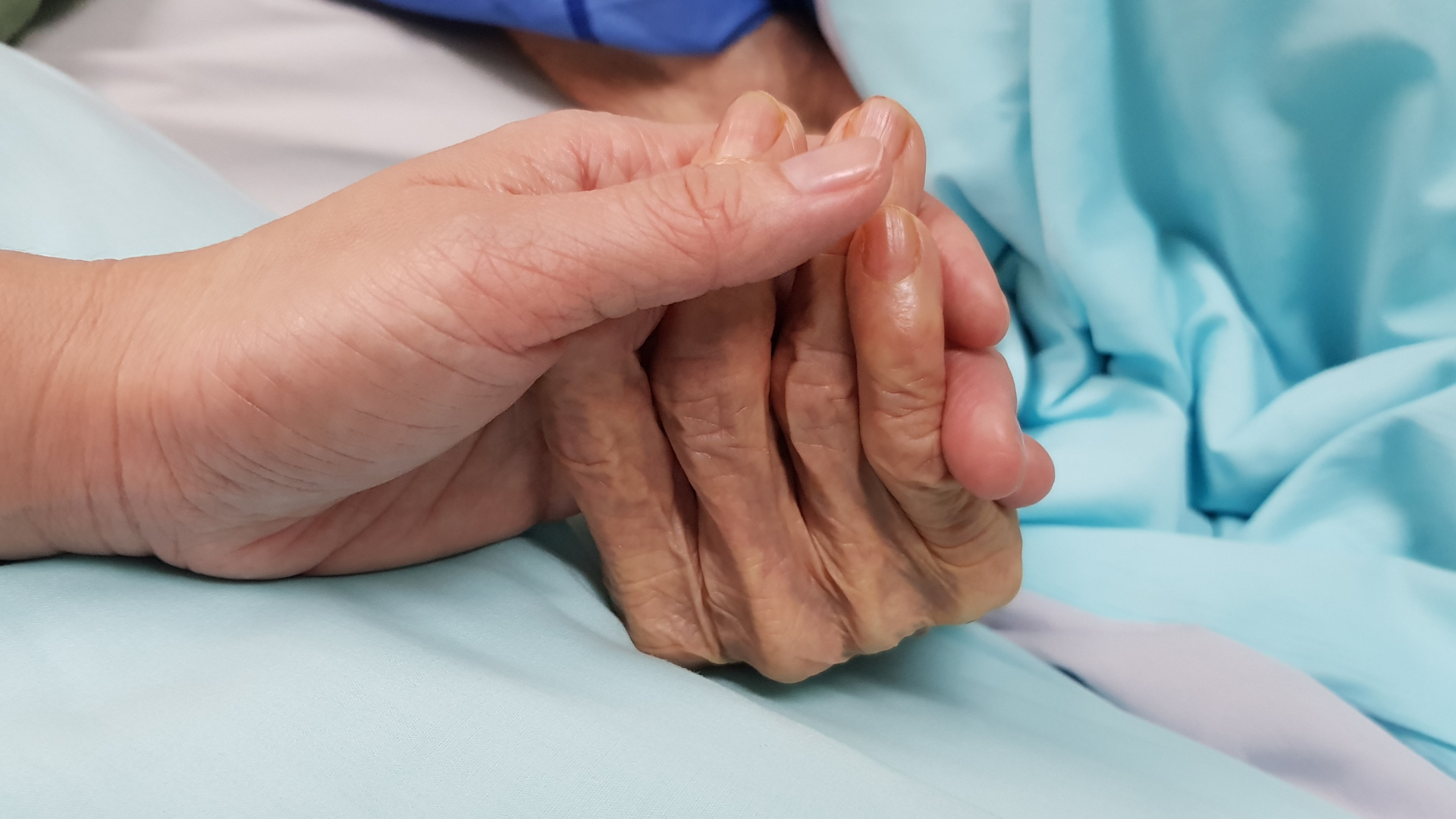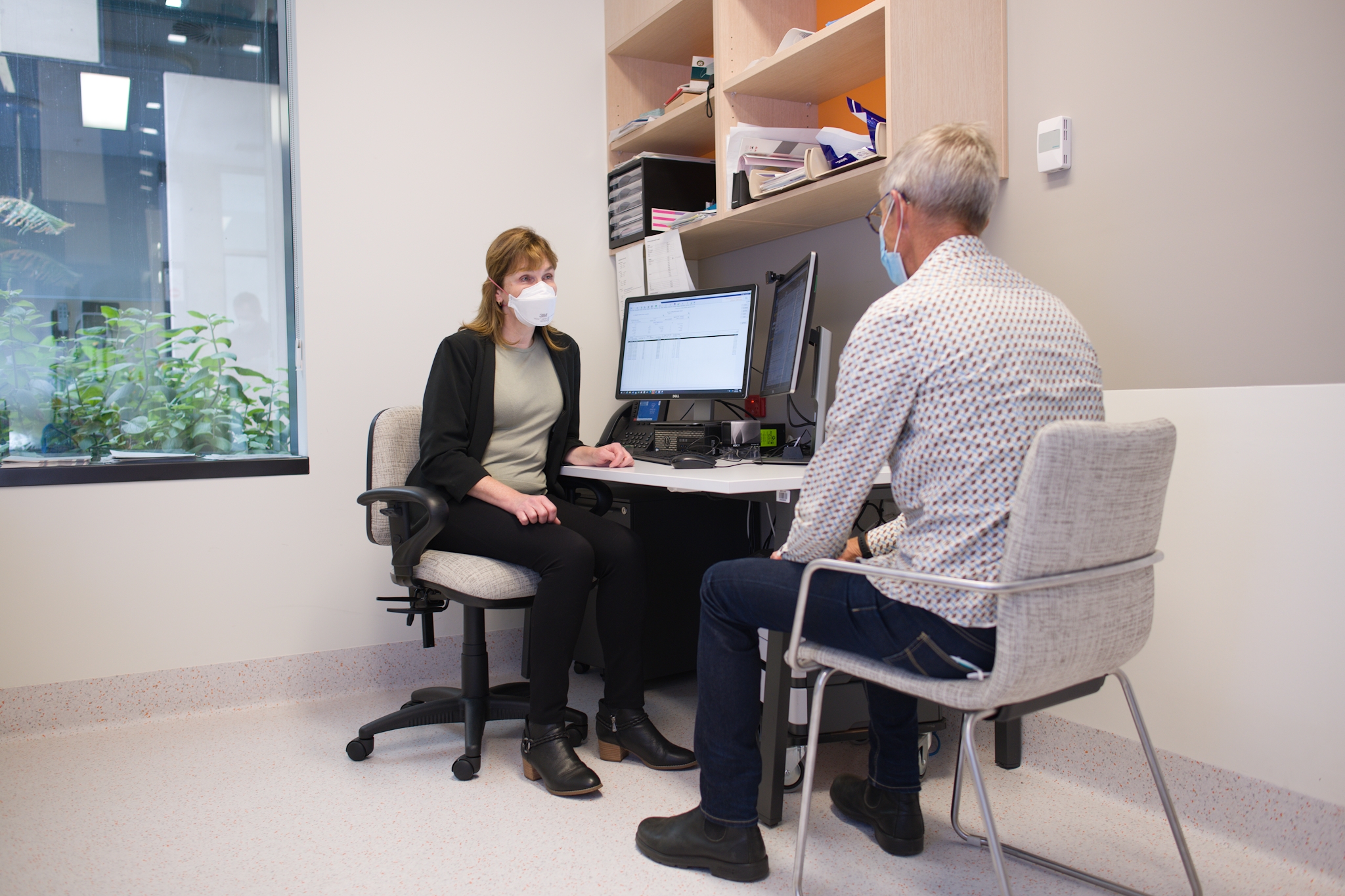
This page defines palliative care, also known as supportive care, and offers examples of how it can be used during your cancer journey. There is also a section that discusses preparing for end of life.
Your doctor may introduce you to palliative care, also called supportive care. The goal is to improve quality of life for patients, their families and carers.
Palliative care is often a multidisciplinary team including palliative care doctors, nurses, pharmacists, allied health professionals, volunteers and pastoral care specialists. They provide expert and compassionate care to address people’s physical, emotional, social, cultural and spiritual needs. They also offer support related to dying and grieving.
Supportive care can be introduced at any stage of one’s diagnosis to improve quality of life and does not mean giving up hope. Rather, it is about living well for as long as possible and to the fullest.
Palliative care can include:
Contacting a specialist palliative care service soon after diagnosis gives them the chance to get to know you. You can ask your doctor for a referral. You can also be discharged from the program when stable and only re-admitted to the service when required.
Navigating end of life care can be a challenging experience. It involves maintaining your quality of life and addressing each of your health and supportive care needs, as well as the needs of your family and friends.
You may experience a range of emotions upon hearing that you are nearing end of life, including shock, anger, denial, fear and anxiety. Talking to your loved ones about what you are feeling can help, or seek support from a mental health professional or spiritual advisor. They can advise you on ways to cope with the broad range of emotions you may be feeling and how to improve your quality of life. This can mean focusing on spending time with your family and friends and doing things you enjoy to make meaningful memories that bring comfort to you and your loved ones.
When you first speak to your family and friends that you are approaching end of life, you may be worried about how they will react. It can be a difficult conversation so it may help to practise what you are going to say or ask your doctor to help you explain. You can share as much or as little information as you are comfortable with.
Have open conversations with your family, friends and healthcare team about what is important to you in your care. This includes considering the place that you would feel most comfortable and supported when you die. You may choose to die at home and a palliative care team can help you and your family with arrangements to ensure you receive the best care possible and maintain your quality of life. You may feel more supported in a palliative care unit (also called hospice) or in a hospital. As your circumstances change, you are allowed to change your mind. Your healthcare team will support your decisions. If it is not already in place, you and your carer will be encouraged to make an advance care plan which is discussed in the Advance Care Planning section.
If you are a carer who is supporting a loved one approaching end of life, please see the section on Support for Carers.
Further information about preparing for end of life:
Palliative Care Australia is the national body for palliative care, offering information and support services for Patients and Carers. Each state and territory also provide local services and region-specific resources to help navigate care options:
See below for state-based links:
Discussion starters can help open conversations about palliative care, making it easier to share your preferences with loved ones and healthcare professionals.
Short online education course provides practical tips on how to have caring and compassionate conversations with loved ones, colleagues, neighbours or friends about dying and grief, an area of life we often avoid.
The Goodbye Guide, helps you organise important documents and information, making them easier for loved ones or executors to find. It can also be a useful conversation starter.
Multilingual Palliative Care Factsheets
A series of fact sheets on palliative care in 21 different languages including Arabic, Chinese, Greek, Hindi, Italian, Vietnamese, Turkish and Spanish.
Aboriginal & Torres Strait Islander Discussion Starter
This Discussion Starter has been developed for Aboriginal and/or Torres Strait Islander peoples and their community, and those working with them.
Here are the links to other information pages to learn more about different aspects of supportive care. You may also use the quick links on the right side of the page to navigate.

Most people are diagnosed with cancer of unknown primary (CUP) after they have symptoms or become unwell. Some people may be diagnosed during tests for another health condition. When cancer is suspected, you might be referred for tests or to a specialist.

The treatment you have depends on a number of things, including where the cancer is and your general health. A team of doctors and other professionals discuss the best treatment and care for you. The main treatment for Cancer of Unknown Primary is cancer drugs, most commonly chemotherapy. You may also have radiotherapy to help to control your symptoms and hormone therapy.




